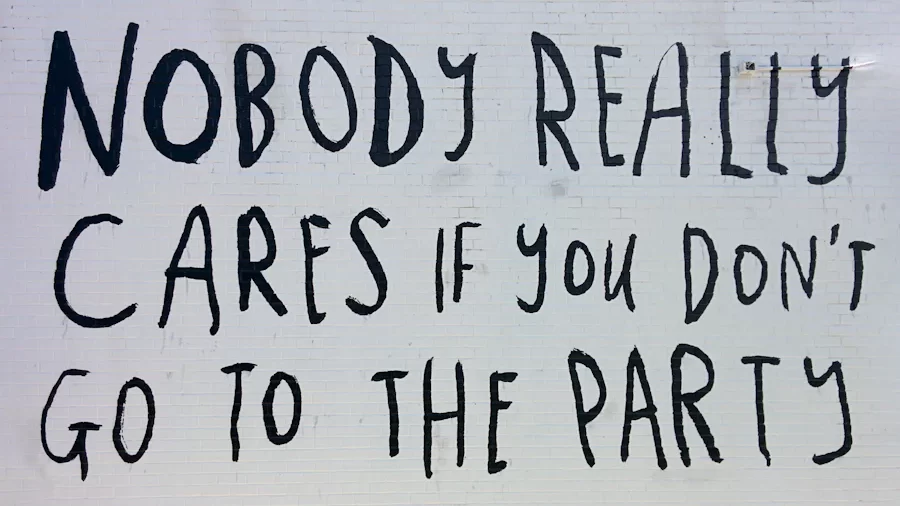In today’s hyper-connected world, the phenomenon known as the Fear of Missing Out, or FOMO, has become increasingly prevalent. This blog post delves into the causes, effects, and the dual-edged nature of FOMO, drawing on insights from researchers and studies to provide a comprehensive overview.
What Causes FOMO?
FOMO is primarily fueled by social media, where the constant stream of updates and notifications keeps us aware of what others are doing, leading to a fear that we are missing out on rewarding experiences. This fear is not new; the desire to belong and fit in predates social media, but digital platforms have certainly amplified these feelings. Solitude behaviour, or the state of being disconnected from others, can activate FOMO, with loneliness and social avoidance being significant predictors.
The Effects of FOMO
The impact of FOMO on mental health is profound. It has been linked to feelings of depression, anxiety, and stress. The cycle of FOMO can lead to a continuous loop of social media checking, which, rather than alleviating these feelings, often exacerbates them. Furthermore, FOMO can lead to a decline in productivity and contribute to a sedentary lifestyle, poor eating habits, and even musculoskeletal pain due to poor posture from excessive device use.

The Good and Bad of FOMO
While FOMO is often viewed negatively due to its impact on mental health and well-being, it’s not entirely bad. On the positive side, FOMO can motivate individuals to engage more fully with life and take advantage of opportunities they might otherwise overlook. It can push people to expand their social networks, try new experiences, and actively participate in events they fear missing out on.However, the negative aspects of FOMO cannot be ignored. The constant comparison to others’ curated lives on social media can lead to dissatisfaction with one’s own life, contributing to feelings of inadequacy and unhappiness. The cycle of checking social media to alleviate FOMO can also detract from real-life experiences and interactions, leading to a disconnection from the present moment.
Navigating FOMO
To combat the negative effects of FOMO, experts suggest focusing on gratitude and the present moment. Contemplating what we are fortunate to have can shift our perspective from what we’re missing out on to what we already possess. Limiting social media use and focusing on real-life interactions can also help alleviate FOMO, fostering genuine connections and experiences that are far more rewarding than any digital update.
Conclusion
FOMO is a complex phenomenon with both positive and negative aspects. While it can motivate us to live more fully and seize opportunities, it can also lead to feelings of inadequacy and disconnection. By understanding the causes and effects of FOMO and taking steps to mitigate its impact, we can navigate the digital world more healthily, focusing on genuine experiences and connections that enrich our lives.



